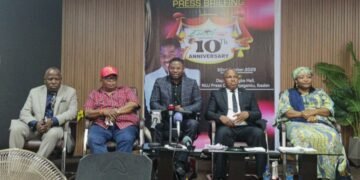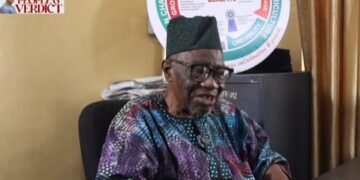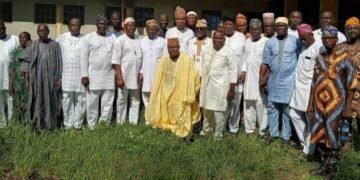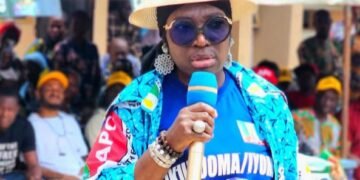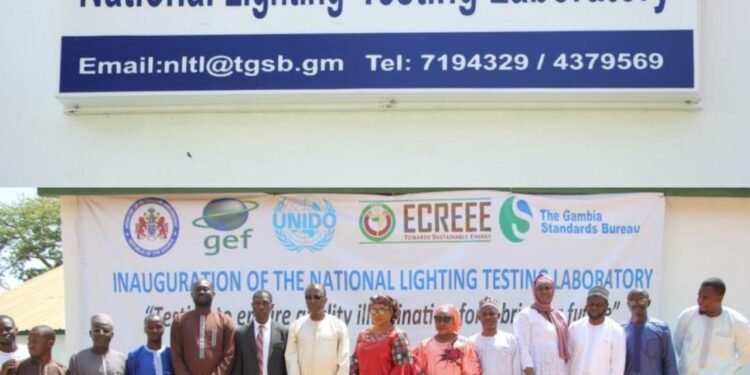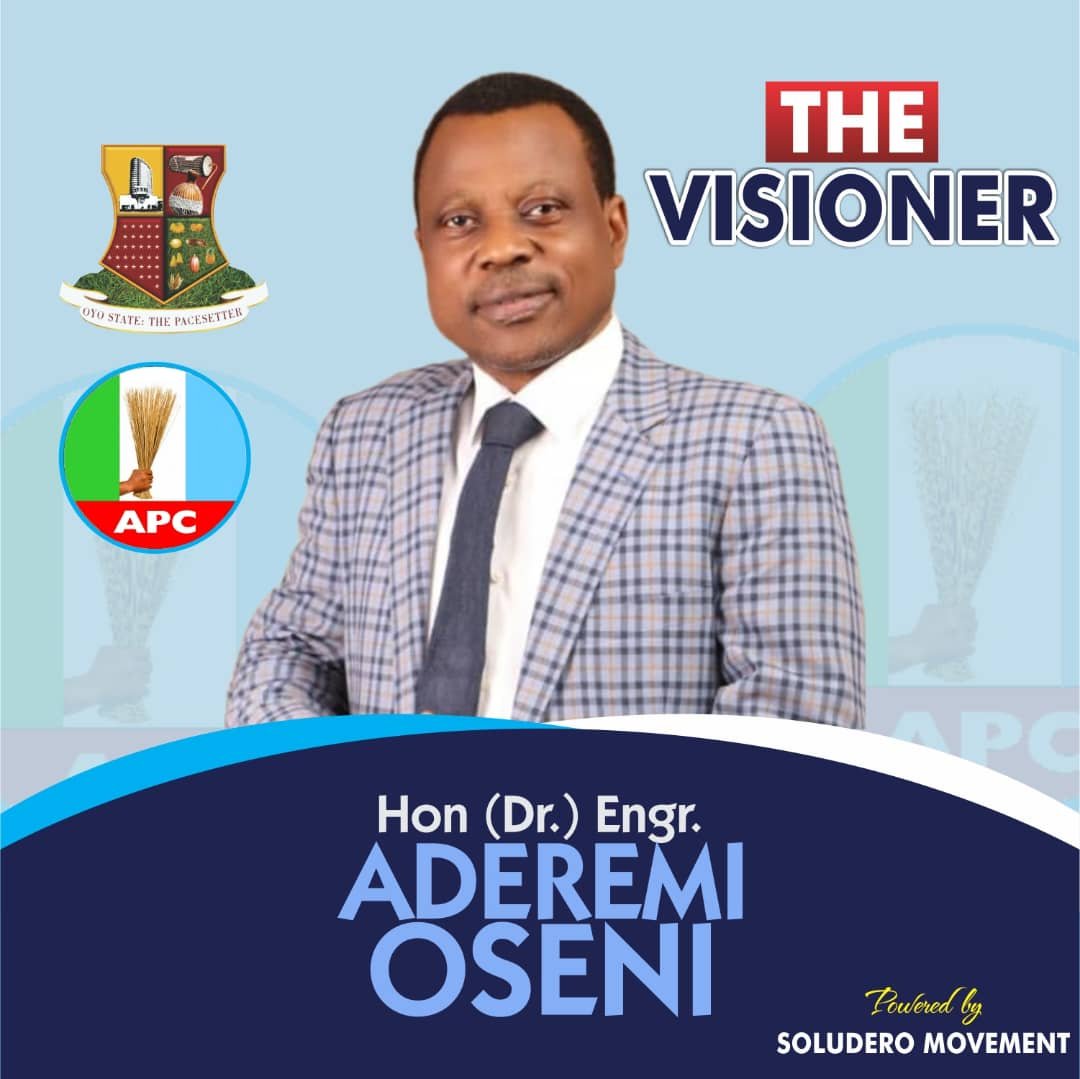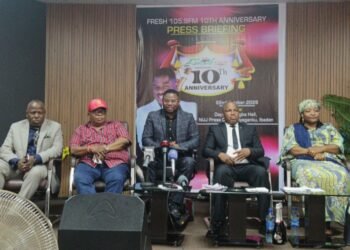The ECOWAS Centre for Renewable Energy and Energy Efficiency (ECREEE) has commissioned and inaugurated two energy efficiency light testing laboratories for the Gambia Standards Bureau (TGSB).
The laboratories were established with the support of ECREEE, in collaboration with the Ministry of Petroleum and Energy (MOPE), TGSB, and the United Nations Industrial Development Organisation (UNIDO).
As contained in a press release dated 31 May, 2024, the new facilities included a sphere energy efficiency testing laboratory and a photogoniometer light testing laboratory.
“The inauguration of these advanced testing laboratories places The Gambia at the forefront of energy efficiency testing in the sub-region.
“With these facilities, The Gambia can now test various types of lighting, including domestic, industrial, commercial, and airport lights, based on established Minimum Energy Performance Standards (MEPS).
“This project was funded by the Global Environmental Facility (GEF) through UNIDO,” it was further stated in the press release.
ECREEE, recognised for its regional expertise, was also chosen as the project execution partner for the Quality Assurance component.
“The goal of this component was to develop and approve MEPS and energy performance labeling in The Gambia.
“ECREEE played a crucial role as a project knowledge management partner and implementing agency, facilitating the dissemination and replication of project methodologies and outcomes across ECOWAS member states, it was added.
During the inauguration, Director of the Gambia Standards Bureau, Mr. Papa Secka, expressed gratitude to all partners involved and emphasised the importance of the laboratories in preventing the importation of obsolete equipment.
He also highlighted The Gambia’s commitment to making these laboratories available to all ECOWAS member states for light testing.
Representing the ECREEE Executive Director, Mr. Jean Francis Sempore, ECOWAS Resident Representative, Her Excellency Madam Miatta Lily French, remarked that the commissioning and inauguration came at a crucial time for the region.
The laboratories will ensure quality assurance, enhance market capacities, and protect the region from non-efficient equipment.
The initiative underscored the support of ECOWAS for its member states in pursuing clean and sustainable development.
In a related development, the ECOWAS Commission has empowered some women groups at border communities in Sao Domingos, Guinea-Bissau.
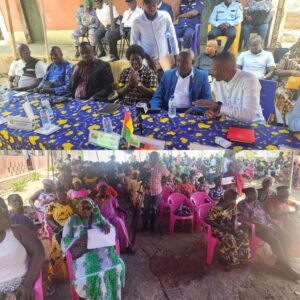
The empowerment, as stated in a separate release from the ECOWAS Directorate of Communication and dated 5 June, 2024, was done through the issuance of the ECOWAS National Biometric Identity Card (ENBIC).
The empowerment of the women groups was done within the framework of enhancing the accessibility and acceptability of the ENBIC to facilitate mobility and trade within the Community.
It was further stated that the ECOWAS Commission embarked upon the women empowerment drive, in conjunction with the German Cooperation (GIZ).
It was aimed at identifying women groups in border communities and facilitate the issuance of the regional biometric card to specific groups to reduce harassment and ease mobility among vulnerable persons at the borders.
Director of Free Movement of Persons and Migration, Mr. Albert Siaw-Boateng, said it underpinned the objectives of the mission and encouraged continuous dialogue between the relevant border authorities in countries with contiguous borders and the ECOWAS Commission.
He added that it was in order to collectively address challenges faced at the borders in a concerted and efficient manner.
Mr Saiw-Boateng stated this during an engagement in Guinea-Bissau, on behalf of the Commissioner for Economic Affairs and Agriculture, Mrs Massandje Toure-Litse, with the Director General of Immigration, Mr. Liad Lea Da Silva and the Executive Secretary of the National Boundary Commission, Ms Balbina da Pina Gomes.
The delegation also met with representatives of women groups within the Sao Domingos border communities to sensitise them on valid travel documents and address the various challenges meted out to women.
The delegation as well as discussed the facilitation of the issuance of the ECOWAS National Biometric Card by issuing authorities as a tool to ease their mobility and address the harassment and extortion faced at borders.



